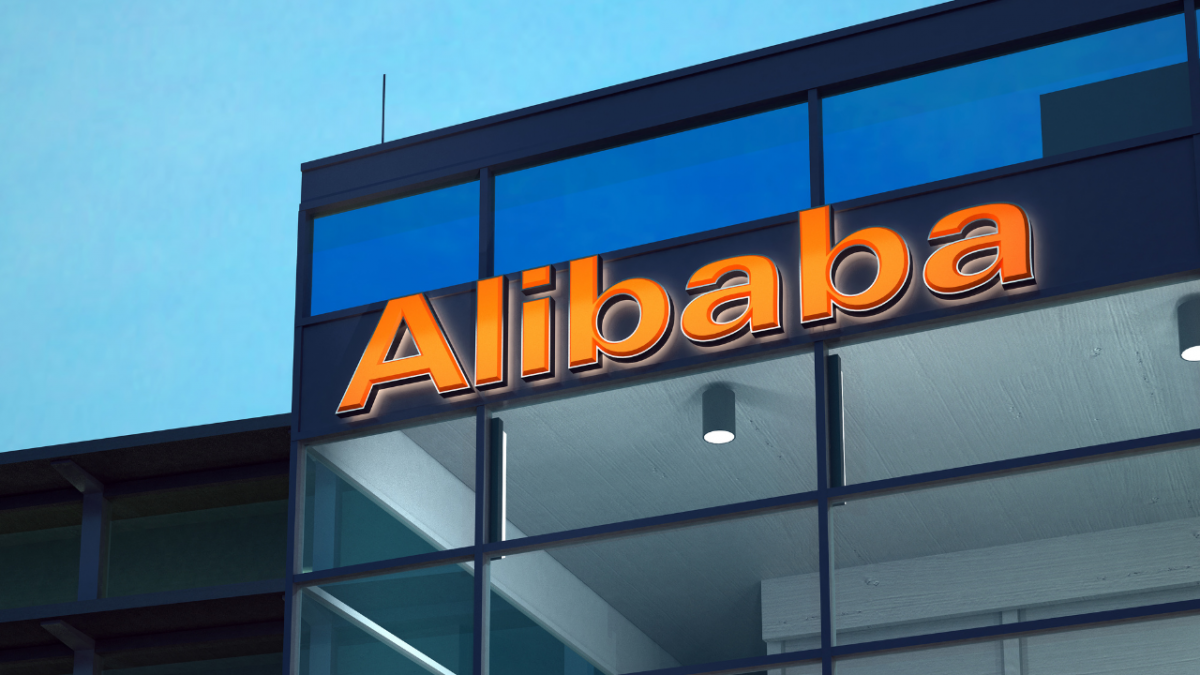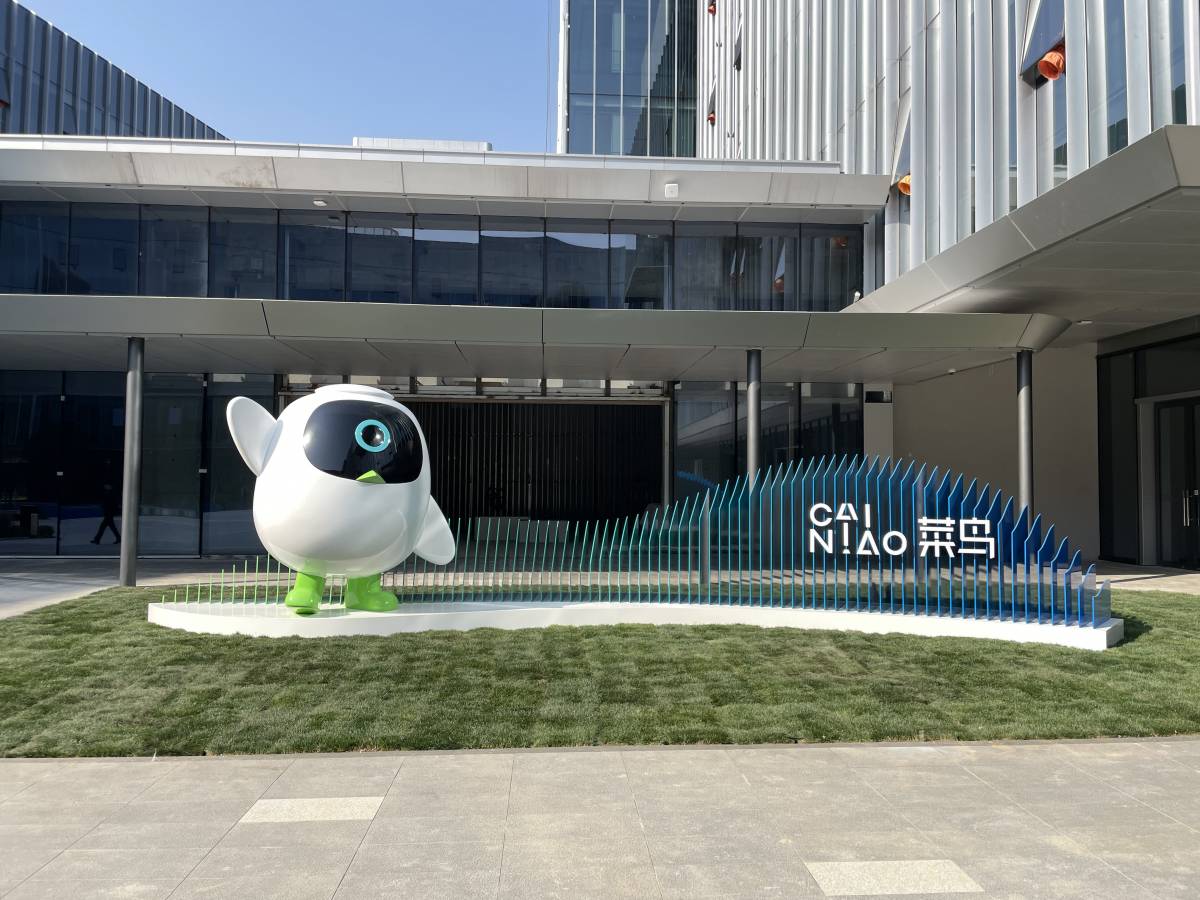
Alibaba Group reported its earnings for the quarter ended Sept. 30, 2018 today. Below are comments Executive Vice Chairman Joe Tsai shared in a call with analysts.
Just in the past month, global macro-economic conditions have become more uncertain. People wonder about potential reverberations from the global economic slowdown, threat of rising interest rates, and political and debt turmoil in Europe. In China, we see reports of decelerating GDP growth, weak purchasing managers’ index and depressed equity markets.
I know Alibaba investors have many questions about the operating environment in China, so I want to give you a straightforward assessment from our vantage point.
On China macro, retail sales growth was 9% according to the latest July and August data from the National Bureau of Statistics. The NBS data shows weakness in large-ticket items, such as home appliances and automobiles, which is consistent with the view that consumers see uncertainty in the future and are cutting back on durable goods purchases.
However, on Alibaba’s China retail marketplaces, we see continued robust growth in consumer staples, cosmetics and apparels. In consumer electronics, growth decelerated especially in cell phones due to the lack of major technology upgrades and new product offerings. While NBS data shows 24% growth in online goods sales in this quarter, overall growth of physical goods GMV on Tmall, excluding unpaid orders, was 30% year-on-year. Accordingly, we believe that Tmall made further gains in market share.
While in the short term, people may be concerned about cyclical factors, I would like to point out three long-term secular developments in Alibaba’s favor. In fact, Alibaba is proactively contributing to the acceleration of all three developments.
First is the phenomenon of middle class consumption upgrade. China’s 300 million middle class consumers have experienced significant real wage growth over the past decade, and they are looking for high-quality products to satisfy their discretionary spend and an increasingly sophisticated lifestyle.
The OECD projects that by 2030, China will have 850 million people who will emerge into the middle class, further accelerating the consumption upgrade.
Whether it’s high-quality imported products offered on Tmall Global, or overseas travel experiences through travel portal Fliggy, or videos on digital entertainment platform Youku, or on-demand meal and grocery delivery services from Ele.me and Hema [now also known as Freshippo], Alibaba is driving a comprehensive consumption upgrade that cannot be matched by any peers.
In our recently announced strategic partnership with luxury group Richemont, we are further tapping into the lifestyle upgrade opportunity by offering Chinese consumers easy access to a broad collection of luxury products both at home and when they travel abroad.
The second long-term development is the capacity and increasing availability of consumer credit. As of March this year, China’s household debt was 49% of GDP compared to 77% in the United States, so there’s ample capacity to take on credit to fuel consumption.
Alibaba’s affiliate Ant Financial specializes in providing consumer credit to under-served individuals who borrow in small amounts and require flexibility to revolve frequently. The penetration of the amount of consumer credit to total online sales, while still in the low-teens, has increased significantly during the first seven months of this fiscal year.
The third trend that Alibaba plays an active role in developing is digitization of the retail sector. This expands Alibaba’s participation to the entire $5 trillion retail economy in China. Through our New Retail strategy, we have eliminated the “e” from “e-commerce,” as the distinction between online and offline sales goes away when shoppers buy from anywhere anytime using a mobile phone.
This is made possible by digitizing the entire consumer journey, inventory tracking and logistics work flow. Digitization enabled by the technology and know-how of Alibaba will help retailers access a wealth of information about their customers and operations. We expect the value creation from traditional retailers’ increased sales and more efficient operations will be significant, and this will ultimately accrue to the benefit of Alibaba as the enabler.
To receive the latest news directly in your inbox, sign up for the weekly Alizila newsletter




